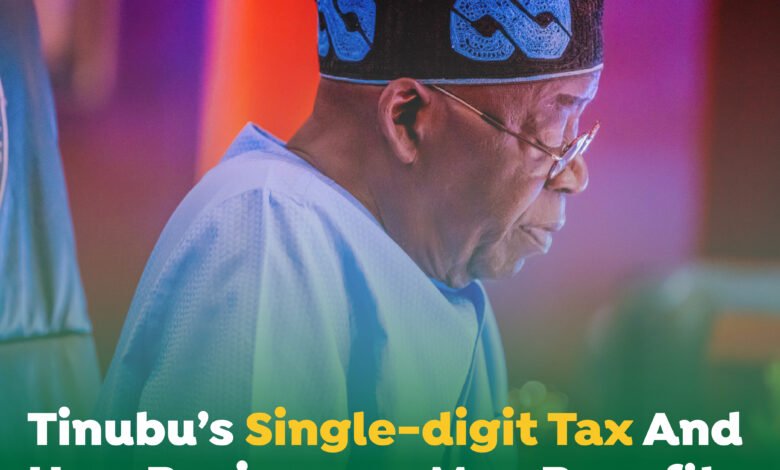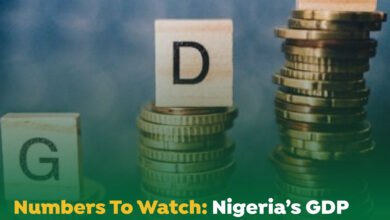
The last regime of former President Muhammadu Buhari introduced different taxes, many of which experts say did not only hindered the growth of many businesses in the country but also sent some to early death.
But less than a year in office, his successor, President Bola Ahmed Tinubu, through four Executive Orders, has suspended some of the stifling taxes and directed the implementation of a single-digit tax system.
The single-digit tax system, expected to take off after the presidential committee on fiscal policy and tax reforms submits its reports to President Tinubu, will shrink the current over 60 taxes to nine and create an enabling business environment while restoring the confidence of local and foreign investors to set up their businesses in the country.
Experts say the single-digit tax system, when implemented, will fully create job opportunities for graduates and also pull the country out of its current economic challenges.
The chairman of the Federal Inland Revenue Service (FIRS), Zacch Adedeji, described the single-digit tax as a strategic plan that is being religiously followed to lead the country out of the current economic challenges.
Recall that towards the end of Buhari’s administration, the former President increased taxes, which some Nigerians described as a ‘parting tax gift’ (though, now suspended by his successor); Mr Adedeji assured that President Tinubu “is committed to growing the national tax base rather than introducing new taxes or increasing existing ones.”
The founder of Dangote Group, Aliko Dangote, emphasised the benefits of the single-digit tax regime, saying it would encourage investment in the downstream sector of the oil and gas and create job opportunities for Nigerian youths.
The Chief Executive Officer of the Centre for the Promotion of Private Enterprise, Muda Yusuf, on his part, said, “Manufacturers will rejoice because those taxes were really unfair on them. Over the years, they have been galloping with all manner of problems coupled with the recent removal of fuel subsidy and the exchange rate unification.”





